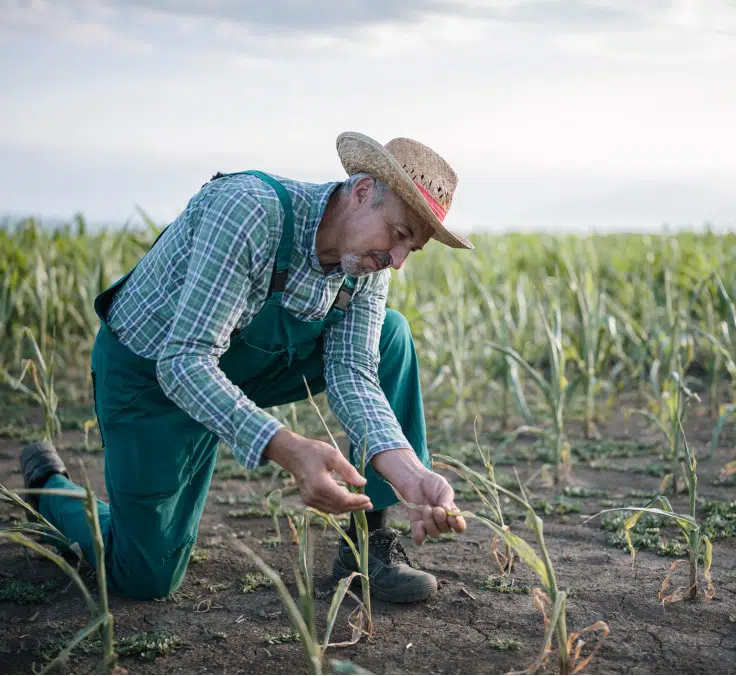SUSTAINABILITY| 17.05.2023
A planet with limited resources

Sara Fernández Quintano
Environmental specialist at MAPFRE
Although 26 years have now passed since signing of the Kyoto Protocol, many people around the world continue to question the reality of climate change. They seem to have no problem in doubting the accuracy of the science that is trying to understand what climate change means, why it occurs, and how it is affecting all of us.
I think the main challenge we face is the need to give people tangible facts that can be easily digested, and messages that can explain the consequences of failing to protect our planet. This is the kind of information that can change people’s views and behavior.
Not long ago, the Global Vice-President of the American clothing company Levi’s said that the most sustainable jeans are the ones you already have in your wardrobe. A statement like from one of the world’s leading clothing brands should give us all pause for reflection on the environmental consequences of uncontrolled consumption.
The reality is that we live on a planet with limited resources, where the traditional economic model based on consumption and disposal, is having an enormous impact and completely altering the natural ecosystem. The aim of the circular economy is to ensure that natural resources that have already been extracted can be recovered, reused, and recycled, so that we can take continue to use them over a much longer timeframe. This model allows us to reduce our carbon footprint; prevent air, soil, and water pollution; conserve raw materials, natural resources, and ecosystems, and protect our own health and well-being.
However, to achieve this objective, it’s important that we’re all playing our part. For example, if we don’t make the effort to sort our waste into the proper containers, everything is considered unrecyclable. That means it will all end up in a landfill instead of being used again as a new source of raw material, and more natural resources will have to be exploited.
At MAPFRE, we’ve been working for 90 years with a strong commitment to people and the environment, with the understanding that sustainability is only possible if we make caring for our planet a top priority. No matter how much importance we may give to economic growth or taking care of people, none of it makes much sense unless we have a safe and healthy planet to live on.
Among other aims, our Corporate Environmental Footprint Plan for 2030 includes global objectives and projects focused on promoting energy efficiency, use of renewable energies, the circular economy, and sustainable mobility, while also protecting biodiversity and natural capital. And we’re proud of what we have accomplished so far. In 2022, we reduced our global carbon footprint by 26%, thanks to a range of initiatives focused on consuming less energy, reducing the need for business travel, and recycling the waste we generate.
As I mentioned earlier, many people have been questioning climate change for decades, while at the same time, catastrophic natural events have been occurring with increasing frequency and intensity. And now we have even less time to act. Every day, we’re getting closer to reaching a temperature increase of 1.5 degrees Celsius, which means that what we now need, more than ever, are effective worldwide measures to accelerate a fast and fair transition.
At MAPFRE we are focused on #PlayingOurPart. This is our slogan for sustainability, which we use to convey the importance of the small gestures that each of us can make to contribute to a better world. This means everything from putting our waste in the right container, to creating new technologies that will help us remove greenhouse gases from the atmosphere.
In summary, the time to take action is now!
RELATED ARTICLES:


